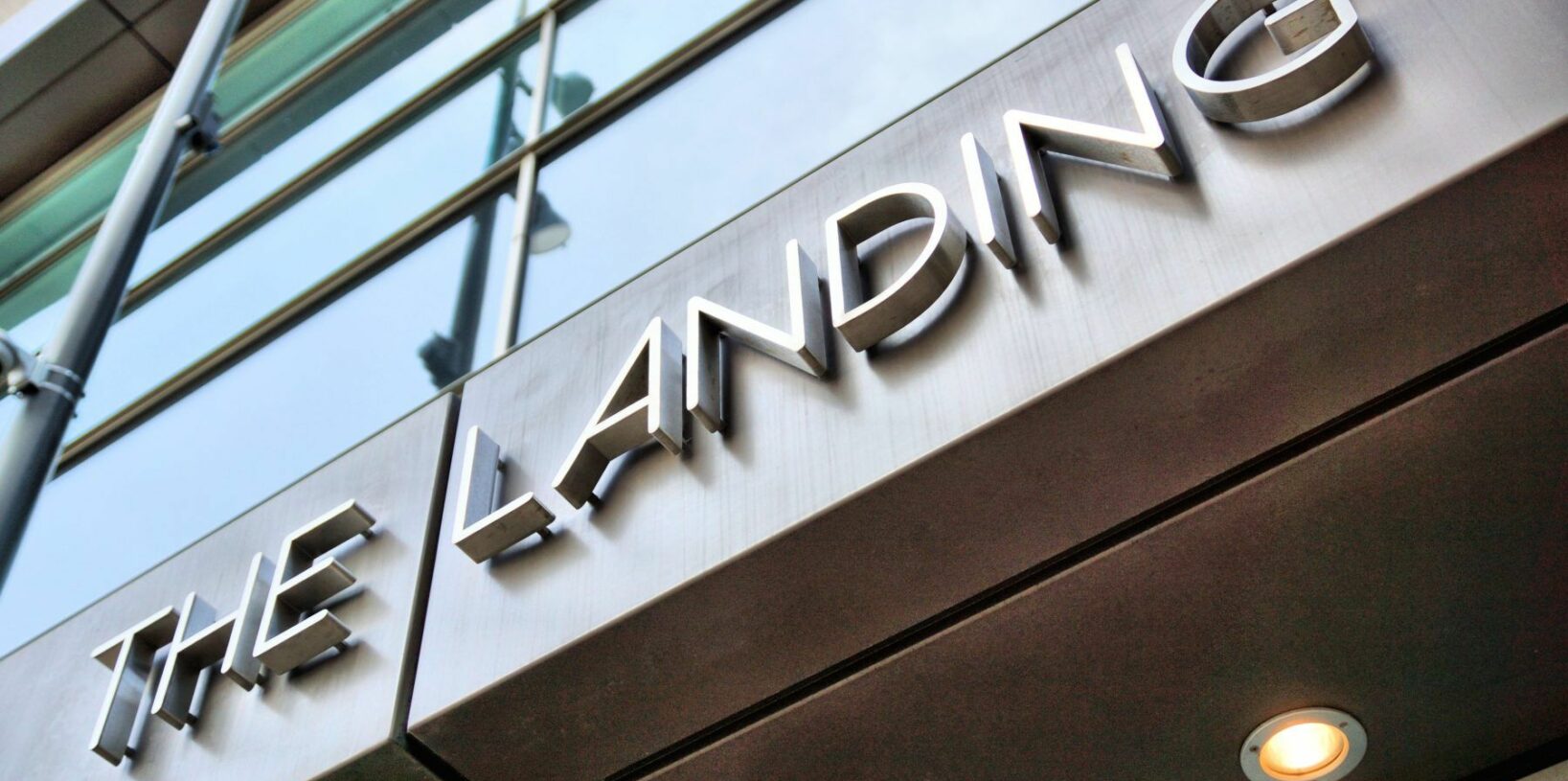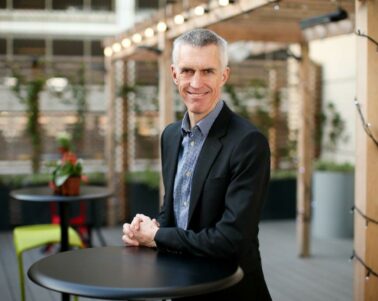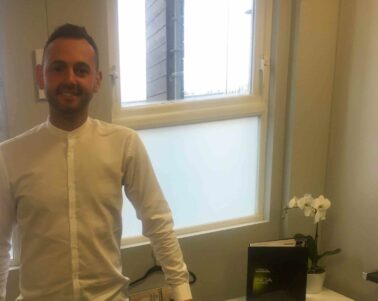
Read Future of Health hailed huge success
Future of Health, a new accelerator programme delivered by The Landing, PwC and UP, has been hailed a huge success with nearly every participating firm securing new investment or new business opportunities.

The 12-week programme, which commenced in April, was designed to help nine fast-growth start-ups and scale-ups within the health and medical sectors to drive innovation, create new business opportunities and attract investors.
Support included setting KPIs aligned to increasing revenue growth, and advice on how to secure market traction through engagement with corporates and commissioning bodies.
Participating companies also enjoyed executive-level introductions through an extensive network of thought leaders, industry executives and health-tech specialists. Those taking part also got the opportunity to pilot their new technologies, and pitch their proposition, to healthcare organisations and potential investors.
As a result of this comprehensive package of support, introductions and pitching opportunities, many from the Future of Health cohort have secured funding or other major business development opportunities.
These include:
London-based Cera, a multi-award-winning technology-enabled homecare provider, closed £2.7 million in seed funding, and established 15 partnerships with NHS organisations and councils.
Hertfordshire’s 11 Health, who have developed a self-reporting ‘smart’ colostomy bag, are now in discussions with Salford Royal Hospital to pilot the product.
Manchester’s Aerobit, who have created an IoT-enabled Asthma inhaler, closed an investment round from existing investors and are currently working with UP to secure a further significant seed round of investment.
Cambridge’s Altogame are specialists in behavioural research conducted through multiplayer virtual online games and learning simulations. They have been selected in the Alder Hey Hospital Innovation Hub and are in negotiation to secure pilot projects there. Altogame are also in talks to supply another major North West NHS Trust, a North West London NHS Trust, a large financial services group and a global consulting company.
London-based Kafoodle, a hospitality business who work with healthcare providers to create personalised hospital diet plans for patients with food preferences or issues, are in talks with a CCG to develop a healthy eating programme. They are also talking with various hospitals and care homes after validating their product offering in the 3 months. They are thinking of setting up a Manchester office as a result of the programme.
Other London companies, such as ImproveWell (formerly Propeller), HiMotiv and Uniquedoc, have secured new contracts and pilot schemes, while Australian-based WellCare who provide a remote medical second opinion service have obtained contracts with a number of healthcare providers and have been approached for a joint venture with a global technology company
Danny Meaney, CEO of UP, said: “The fact that all nine participating Future of Health companies either secured new investment, have been commissioned for NHS-sponsored pilot projects, or have been introduced to potential new corporate customers like Bupa, is very unusual from a single cohort. The combination of PwC’s professional networks, UP’s extensive experience in accelerating business growth, and The Landing’s superb tech facilities, has clearly really enhanced the programme, and helped deliver these stunning results.”
Maya Dibley from The Landing said: “The Landing has been developing a specialism in digital health over the last 18 months and we were fully geared up to help drive this dynamic accelerator from day one. Further, as creating jobs and generating economic value locally is at the heart of The Landing’s remit, the fact that at least one of the participating businesses is thinking of moving to Manchester as direct result of this programme is a great outcome.”
Ali Moiyed, CEO of Ardwick-based Aerobit, said: “It was really tough to get on the programme and we were surrounded by companies from London, Cambridge and even Sydney who all had brilliant products with immense commercial potential. However, with the help of UP and the other partners, we were able to develop our proposition and close on a major round of funding. We are now aiming much higher, and are working closely with UP to raise a further seed round from Health tech investors.
“We would not have got to this point as quickly without this accelerator, and it’s been great working with PwC, The Landing and the rest of the cohort as the process has genuinely transformed our business in just three months.”
Tom Hoskin, PwC SCALE programmes lead, said: “The Future of Health programme demonstrates the importance of linking startups with large organisations and the mutual opportunities collaborating can bring. Working with the founders and connecting them to our network of clients, specialists and industry leaders has been immensely rewarding for all involved and we continue to support the alumni as they continue on their growth journey.”
Related stories


MediaCityUK’s Mason Advisory listed in 1000 Companies to Inspire Britain report
The London Stock Exchange Group has announced its 1000 Companies to Inspire Britain 2019 – featuring MediaCityUK’s Mason Advisory.

The Snowman art trail comes to MediaCityUK
A festive sculpture trail is to take place around MediaCityUK this Christmas to celebrate the 40th anniversary of Raymond Briggs’ heart-warming picture book The Snowman. This is the first time that a sculpture trail inspired by the nation’s favourite Christmas story has ever been created.

MediaCityUK opens first ever hair salon
MediaCityUK’s resident beauty therapist, Sam Marshall, The Beauty Guru, is expanding to provide the city with its first full-service hair and beauty salon.